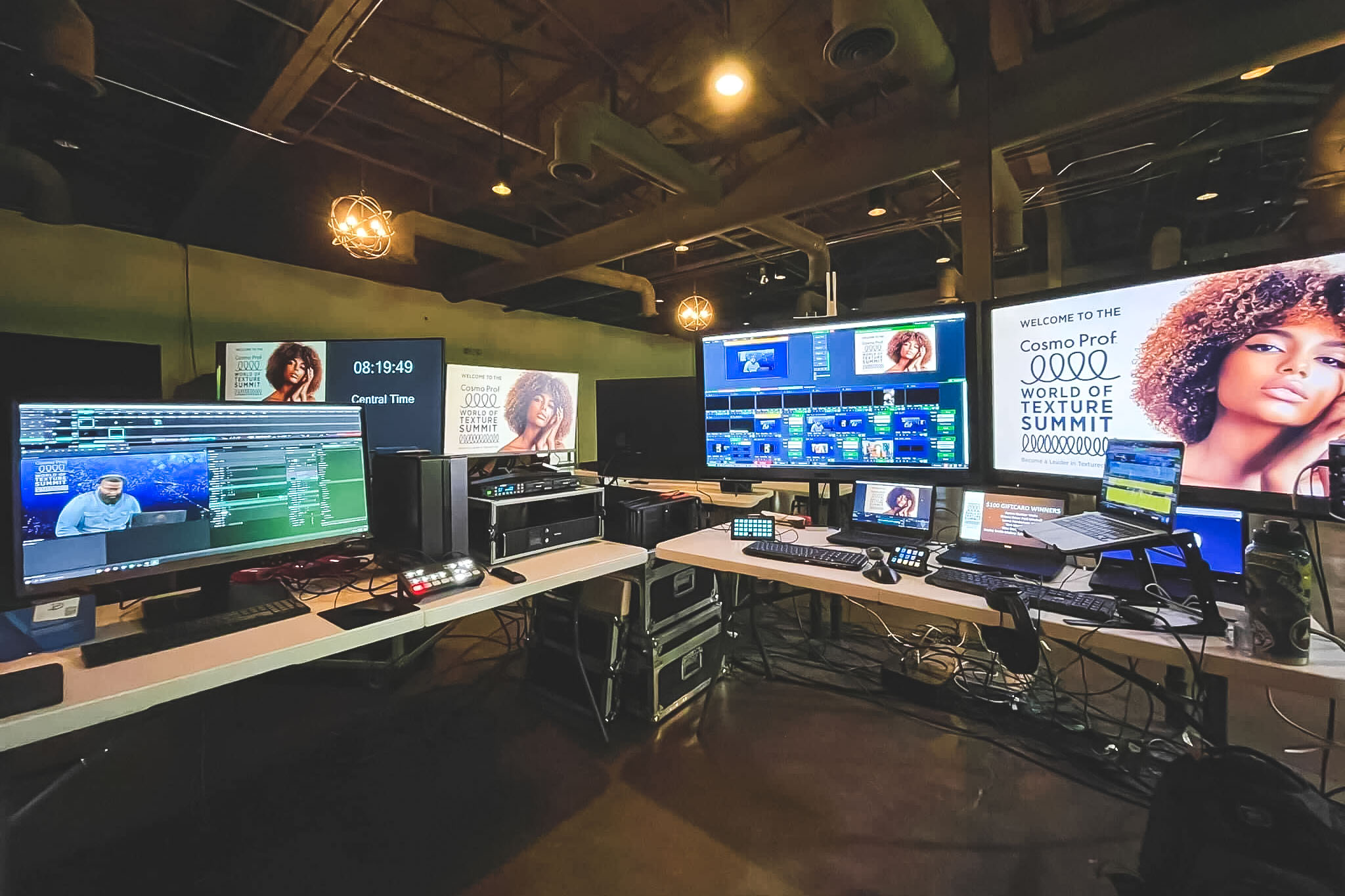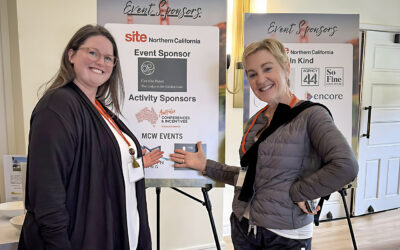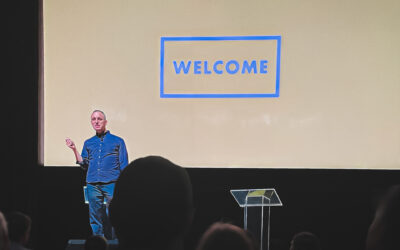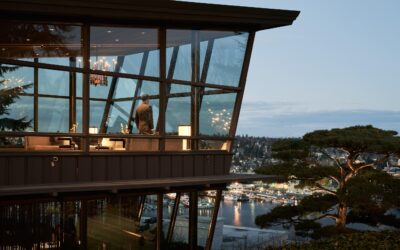As we start to move towards herd immunity, we’re beginning to see the light at the end of the COVID pandemic tunnel. But, while we’re anxious to return back to normal, an important question to ask is: What’s normal now? How has living during a pandemic changed the way we’ll engage with the world? And what does this mean for events? We don’t have a crystal ball to show us those answers, but the word flying around the events community is hybrid.
Hybrid’s the new hot buzzword. But what does it actually mean? It’s a strategic blending of live and virtual events based on your community, content, and goals. Some planners are trying to harness the growth and global engagement they found in a virtual space. Many are missing the parts of their work that simply didn’t transfer online. And all are looking to find the proper harmony to balance both.
While the pandemic has made it challenging to plan events, we’ve learned several valuable lessons that can’t be overlooked. We discovered on the fly how people learn and connect virtually. We witnessed the incredible power of technology and figured out new ways to use it. We confirmed that there’s tremendous power when people get together – regardless of the medium. On a deeper level, we also discovered what was important to us because of the things we missed. We realized the power in all of our communities. While we’re looking at this through an event planner’s lens, this discovery wasn’t limited to any single point of view. It was in every facet of our lives and how we reimagined our workplace, education, transportation, and social activities.
Using these lessons to determine which elements would elevate your event will help great hybrid events stand out from the rest. Simply live streaming your sessions doesn’t make an engaging virtual experience. While we want so badly to have all the answers, we have to ask the right questions first.
What content goes into each event? It may not be the same in person and online. We’ve found that the sweet spot for keynote attendees to stay engaged is about 40 minutes. But with all the distractions that can happen at home, we can only capture virtual attendees’ attention for about 20 minutes a session. How will you use this information to plan your hybrid event? Will you include a virtual track? Which sessions will run in parallel, and which will be different? How will you navigate the timing of each session? And how will you compete with Netflix?
If you have a virtual component to your event, how do you encourage attendees to attend in person? Will there be a way for virtual and in-person attendees to engage and network with one another? Is your goal to reach more people? Do you want to create FOMO for virtual attendees so they want to attend next year? There are some aspects of a program that just work better in person. If you offer workshops, will they only be on-site?
Virtual events can be perceived as less expensive. You aren’t feeding, housing, or transporting your attendees. And you have the potential to reach much larger audiences with virtual events. But keep in mind that while virtual events can be less expensive, many companies are not offsetting the cost with ticket fees. Adding in broadcast and virtual planning elements can drive the cost up. It’s essential to remember that these expenses will be added to your live event’s cost when switching to a hybrid model. It’s going to be more expensive. The transition to hybrid events will require investments in the components that create a fantastic real-life experience and still engage your virtual attendees. You’ll have production plans, staffing plans, hosts, and two runs of show. And these teams will all need to work in tandem to produce a cohesive experience. This brings up even more questions from a logistics perspective. Will all of this staff be onsite? Does their location matter? What online platforms will work best with your content?
We’re excited to jump into this new world and challenge ourselves once again. It reminds us of the other times in our industry’s history when things changed, like in the 1980s, when meetings first turned into experiences, or in the 2000s when new technology made events both simpler and more complex. And now, the events world has once again changed forever. We know that adding virtual components to events will be the new standard. Figuring out how to create a bespoke experience for each event we’re a part of has always been our magic. We now have more tools and ideas under our belt to find all the answers. But first, we have to ask the right questions.




